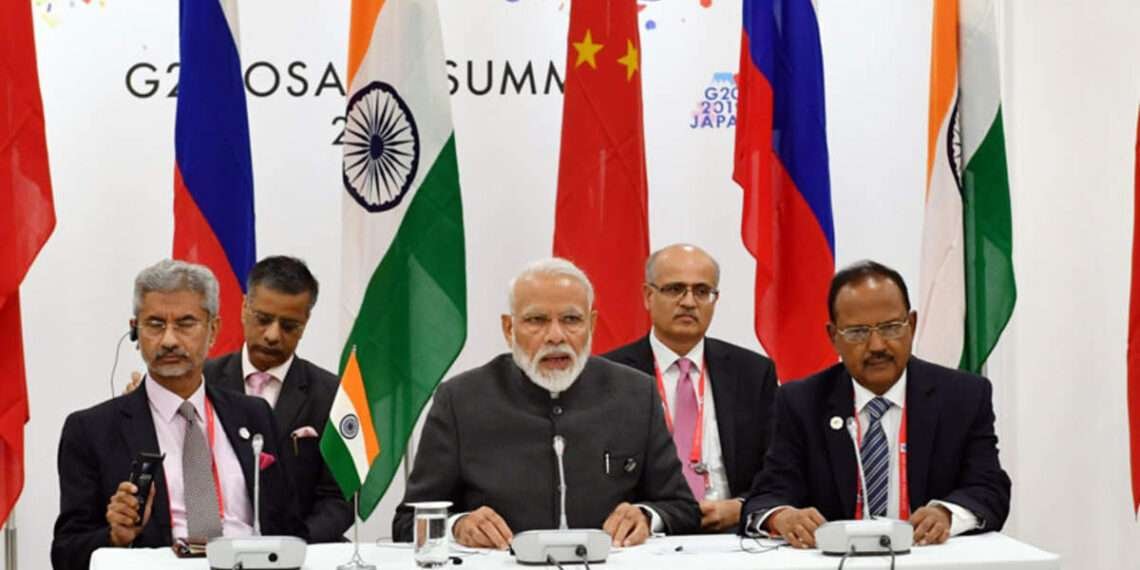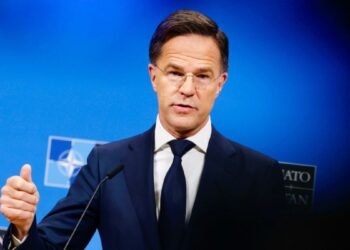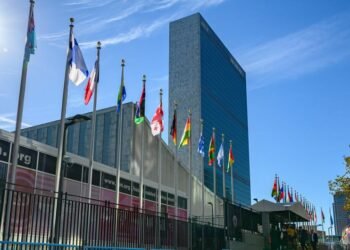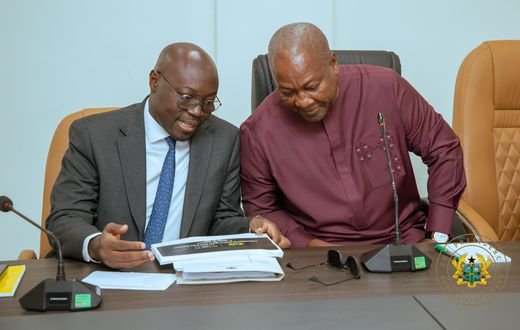According to sources, India is likely to propose forming an expert G20 group to look into reforms at the World Bank and to increase the lending capacity of the institution for climate financing in middle and low-income countries.
The proposal is expected to be tabled at a G20 meeting this week Saturday 25th February, 2023 at Nandi Hills summer retreat near India’s tech hub Bengaluru, where financial chiefs from the bloc will be gathered for the first major event of India’s G20 Presidency.
The development comes as World Bank President David Malpass held a discussion with Finance Minister Nirmala Sitharaman on addressing debt vulnerabilities, India’s finance ministry said.
“India is writing a proposal to form a group for reforms to World Bank,” one of the sources said, requesting anonymity as they are not authorized to speak to media.
“Democratisation of World Bank has been a long-term line pursued by India and other countries. Differential financing terms for least developed and developing countries is desirable,” a second source said.
India’s chief economic adviser indicated reforms at multilateral development banks would be at the top of the agenda for discussion during the G20 financial chiefs meeting.

Sitharaman told Malpass that climate finance is a focus area during India’s G20 Presidency and multilateral development banks “can play a major role in incentivizing private capital, de-risking instruments, and providing greater concessional finance”.
Multilateral Development Banks To Vastly Expand Lending
U.S. Treasury Secretary Janet Yellen is also expected to press for consensus on reforming multilateral development banks to vastly expand their lending to tackle pressing global challenges such as climate change and conflict.
The World Bank Group’s climate change action plan for 2021-2025 has set a target to deploy an average of 35% of the institution’s financing in support of climate action.
The Group said in September that it delivered a record $31.7 billion financing in 2022 fiscal year to help countries address climate change, a 19% increase from the $26.6 billion all-time high in the previous fiscal year.
The World Bank has proposed lowering the loan-to-equity ratio of its main bank from 20% to 19%, freeing up about $4 billion a year to lend.
Reformers from the governments of Barbados and Germany told Climate Home that this was a good start but did not go far enough.
The push to reform the bank began in the Caribbean island of Barbados but has been picked up by the US and Germany, two major shareholders in the bank. The US will pick the bank’s next president when Malpass retires in June.
Neither Persaud nor the BMZ put forward a precise equity-to-loan ratio. But E3G campaigner Franklin Steves said the bank should target a range of 15-18%, adding that should be a ceiling rather than the existing floor.
Last week, Malpass announced he would quit by June, following criticism of his climate skepticism.
READ ALSO: Deloitte Ghana Urges Government To Consider A Reform Of Its Tax Burden Distribution























